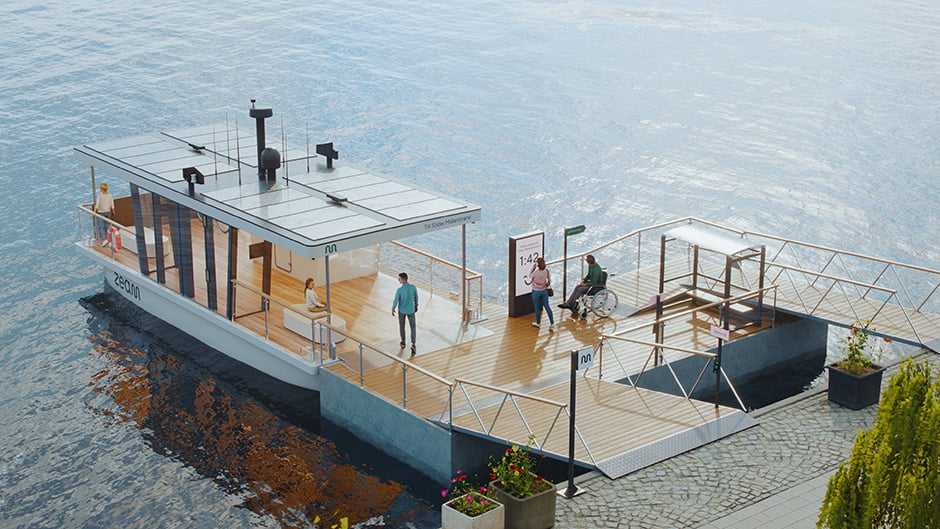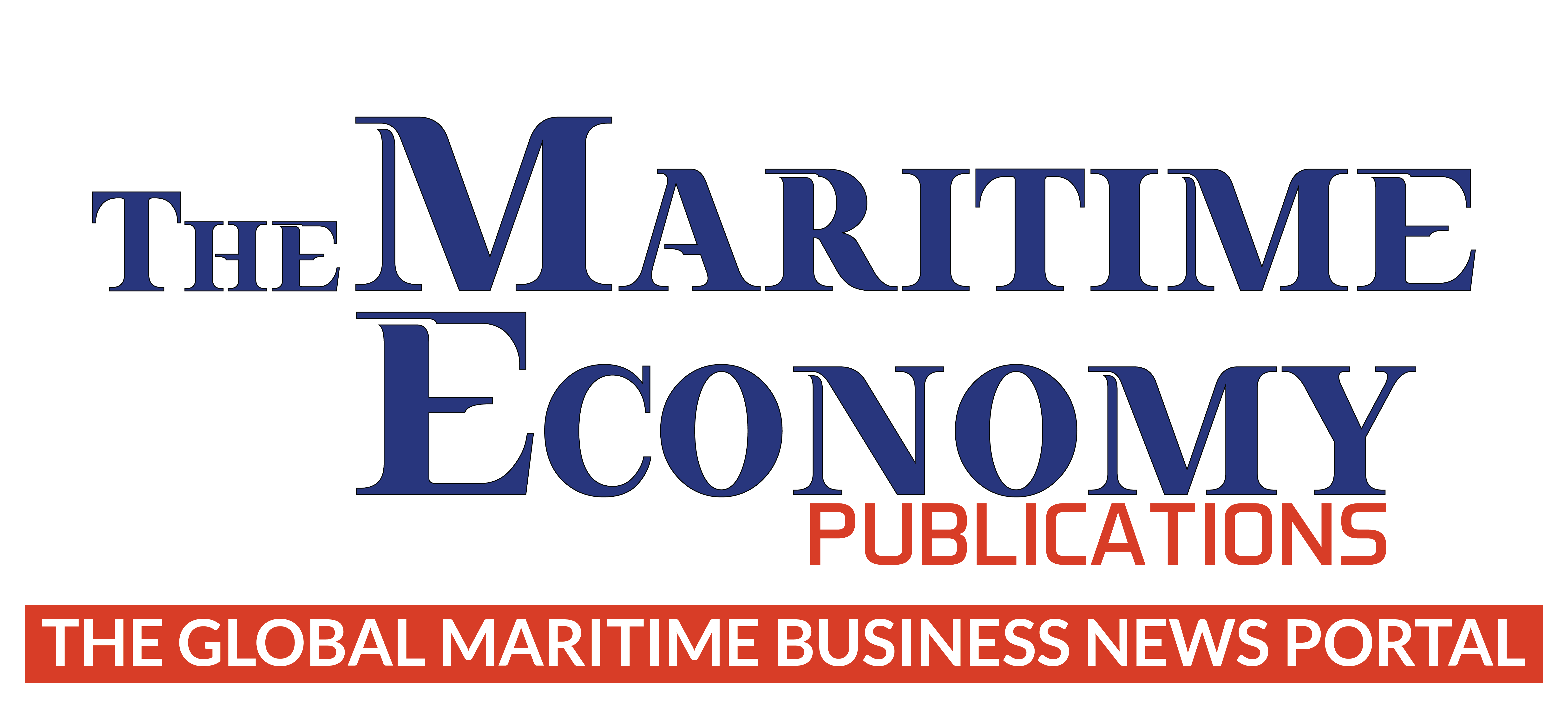Ports of Stockholm explores safety aspects for autonomous maritime traffic in an innovative research project

The Ports of Stockholm, together with several partners, have been granted funds by the Swedish Transport Administration for research into urban autonomous maritime transport in urban environments. The purpose of the research project is to explore and develop the security aspects and create new conditions for sustainable mobility services and strengthen Stockholm's and Sweden's position in an international perspective.
Stockholm's Hamnar and partners have been granted funds from the Swedish Transport Administration's research and innovation portfolio in shipping. Research Institutes of Sweden (RISE) coordinates the research project called PLUZ Policy Lab Urban Zjöfart. Other actors participating in the project are the Norwegian shipping company Torghatten, the technology supplier Zeabuz, Det Norske Veritas Sweden (DNV) which works with the classification and certification of ships and the organization Vattenbussen AB with a focus on efficient resource use and the potential of waterways to contribute to a sustainable society.
- Collaboratively exploring and developing the safety of innovative self-driving ships is completely in line with the city of Stockholm's quay strategy, where a designated area is research and development in near-urban shipping. We also look forward to the project's opportunity to strengthen Stockholm's and Sweden's position in an international perspective within the development of sustainability and mobility in shipping, says Magdalena Bosson, CEO of the Port of Stockholm.
Stockholm Harbor's newest customer, Torghatten, has already announced that in the spring they will deploy an electric and self-driving ferry across Riddarfjärden between Södermalm and Kungsholmen. The joint research project will explore safety perspectives for remotely operated passenger traffic on water and, due to the upcoming autonomous traffic on Riddarfjärden, has the opportunity to start from a concrete, initially manned, operation in Stockholm.
- The idea of ​​the project is to examine, before and in parallel with our new traffic on Riddarfjärden, what policy challenges an autonomous operation may entail. It is important when we are to gradually transition from traffic with an operator on board, to a ferry that is monitored and controlled remotely from a control room on land, says Reidun Svarva, business development manager at the shipping company Torghatten AS.
The research project is a step in the direction of being able to use autonomous technology at sea. With that comes the need to ensure responsible and safe development and the need to review this form of new services in relation to the regulations.
- Autonomous ships can be the key to solving transport challenges cost-effectively, but it requires predictable framework conditions to fully exploit the potential. The knowledge we build through this project can establish new conditions for autonomous systems and policies so that new transport solutions can be established, adds Erik Dyrkoren, CEO of Zeabuz.
The company Vattenbussen was started in order to be able to reduce the climate impact by using the waterway to a greater extent, instead of investing in cost-intensive infrastructure facilities that risk having a higher climate impact.
- For the traveler, it is often crucial to have a high frequency of trips. With self-driving technology, ship traffic can function like a floating bridge or tunnel, but with a lower climate footprint than more traditional forms of infrastructure. The project is an important first step to contribute in the long term with new attractive opportunities for pedestrians and cyclists, says Susanna Hall Kihl, CEO of Vattenbussen AB.
The research project runs from February 2023 to February 2025.
- Solutions and regulations for the maritime industry related to autonomous development are an important part of our business and we look forward to learning more and contributing to this project, says Mikael Johansson, Head of Maritime Advisory Sweden & Denmark at DNV AB.
The research project PLUZ Policy Lab Urban Seafart is a continuation of the innovation project Smarta Fartyg, which is also coordinated by RISE.
